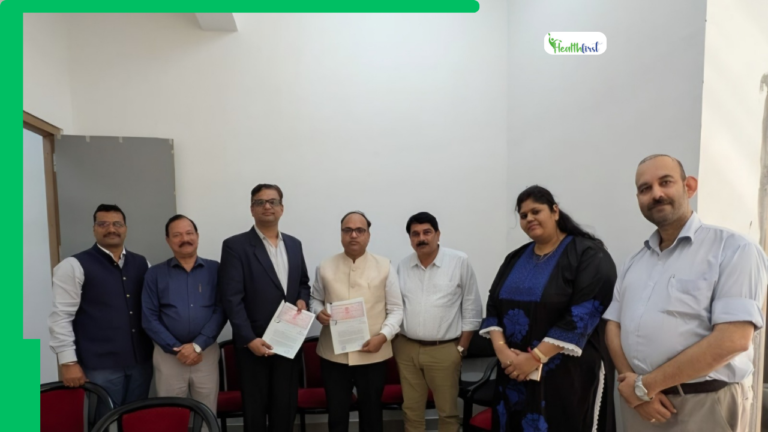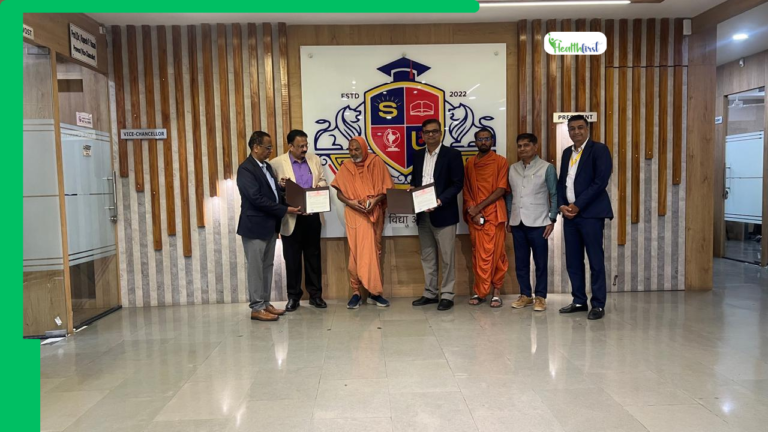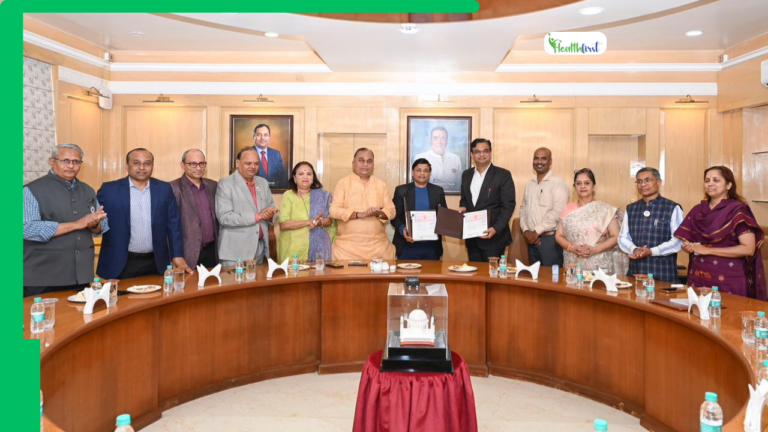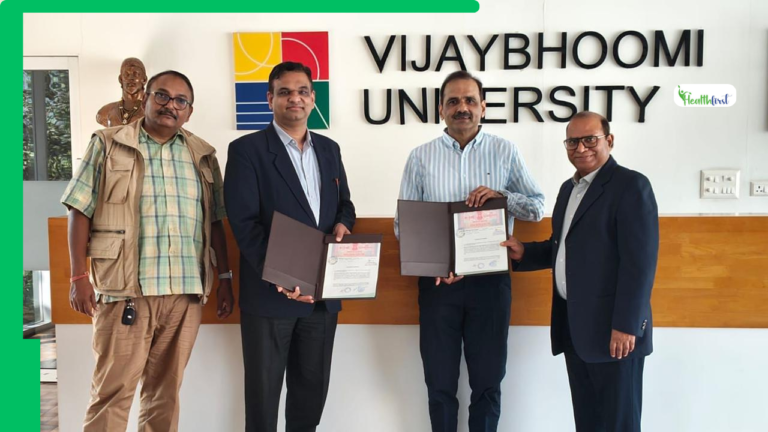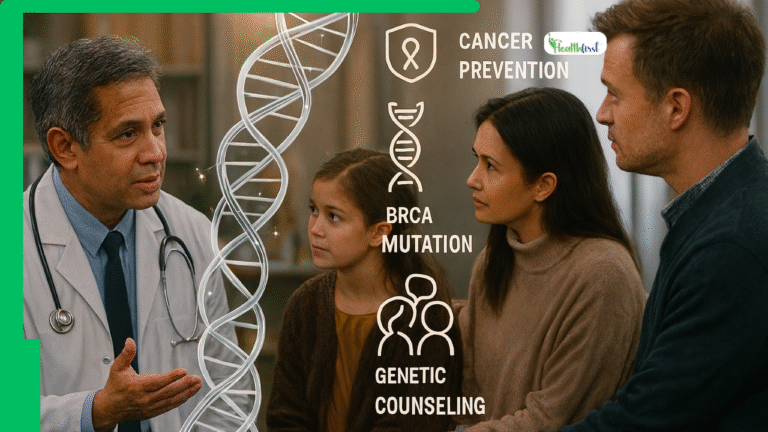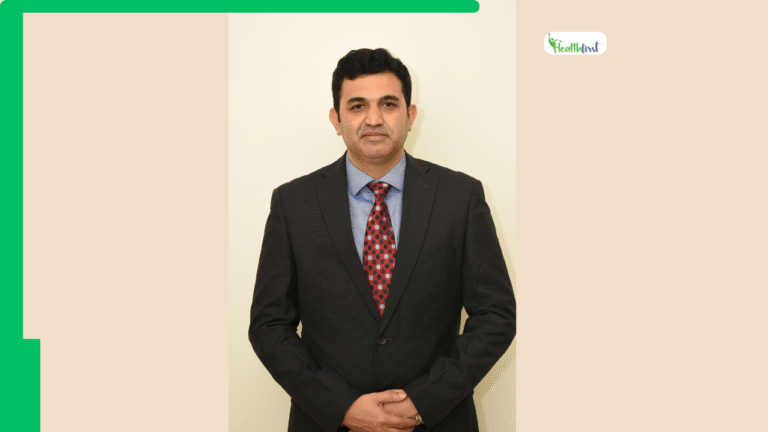Authored By Smriti Tandon, Co-founder, Online Chikitsa Mitra
India’s Leading Rural Health-Tech Start-up
Personalised healthcare, an approach that tailors medical treatment to individual patient’s unique characteristics, has emerged as a cornerstone of modern medicine. This patient-centric model considers not only genetic and medical factors but also lifestyle, environment, and personal preferences. In India, a country marked by stark contrasts between urban and rural areas, the implementation of personalised healthcare faces unique challenges and opportunities.
The Need for Personalised Care
Personalised care has become increasingly crucial as we recognise the complex interplay of factors influencing health. By addressing social determinants, individual needs, and ecological factors, this approach aims to improve engagement, prevention, and overall well-being. It offers a path to more equitable and sustainable health solutions, enhancing the quality of life beyond mere treatment of symptoms.
A significant example of personalized care’s impact can be seen in oncology. Previously, cancer treatment followed broad protocols based on cancer type and stage. However, advancements in genetic profiling now allow for targeted therapies that focus on specific genetic mutations within tumors.
Beyond high-tech interventions, personalized care also includes addressing social determinants of health. Community-based programs that adapt to local needs, such as culturally tailored wellness initiatives, exemplify how personalized care can create more equitable and sustainable health solutions. Ultimately, this approach enhances quality of life by focusing on individual needs rather than just symptom management.
Personalised Healthcare in India: A Tale of Two Worlds
India’s healthcare landscape is characterised by significant disparities between urban and rural areas. While urban centres often boast state-of-the-art facilities and specialised care, rural regions struggle with basic healthcare access. This divide shapes how personalised care is understood, implemented, and experienced across the country.
In urban areas, personalized care can leverage sophisticated technology and data to tailor interventions to individual needs, addressing a range of health conditions with precision. For example, urban patients may benefit from advanced diagnostic tools and targeted treatments based on genetic information.
Conversely, in rural regions, the focus of personalized care may need to adapt to address the broader context of accessibility and resource constraints. Initiatives in these areas might emphasize community health programs, mobile clinics, and telemedicine to bridge gaps in healthcare access and deliver tailored care solutions that fit local needs.
Addressing these disparities requires a balanced approach that integrates advanced personalized care with practical solutions to ensure equitable healthcare access across all regions.
Key Factors Shaping Personalised Care in Urban and Rural India
- Access to Healthcare Services – Urban India benefits from a concentration of hospitals, specialists, and advanced medical technologies, facilitating more sophisticated personalised care. Rural areas, with limited infrastructure, rely heavily on primary care providers and community health workers, necessitating creative approaches to personalisation.
- Cultural and Social Context – Urban populations exhibit greater diversity in cultural backgrounds and health beliefs, requiring flexible care strategies. Rural communities, often more homogeneous, call for care plans that integrate local practices and traditional medicine.
- Technology and Digital Health – While urban areas leverage telemedicine, health apps, and electronic records for personalised care, rural regions face connectivity challenges. Here, low-tech solutions and in-person interactions remain crucial for tailoring healthcare.
- Socio-Economic Factors – Higher incomes and better insurance coverage in urban areas allow for more extensive personalised care options. Rural personalised care must prioritize cost-effectiveness and accessibility within tighter financial constraints.
- Health Literacy and Awareness – Urban patients, with generally higher education levels, can engage more actively in their care. Rural healthcare providers must invest more in ‘patient education’ to ensure understanding and adherence to personalised plans.
- Role of Community and Family – In rural India, extended families and community networks play a significant role in health decisions, necessitating their inclusion in personalised care strategies. Urban settings may focus more on individual needs and preferences.
Challenges in Implementing Personalised Care
Both urban and rural settings face hurdles in delivering truly personalised care. Urban challenges include managing diverse patient expectations and avoiding over-reliance on technology at the expense of the human touch. Rural areas struggle with resource limitations, retention of healthcare professionals, and bridging traditional beliefs with modern medical practices.
Innovative Approaches and Success Stories
Despite challenges, there are encouraging initiatives across India. For instance, some telemedicine programs have successfully connected rural patients with urban specialists for personalised consultations. Community health worker programs in rural areas have shown promise in delivering culturally sensitive, personalised care. In urban settings, AI-driven health apps are helping tailor lifestyle recommendations to individual needs.
The Future of Personalised Healthcare in India
The future of personalised healthcare in India lies in bridging the urban-rural divide. This may involve:
- Expanding digital health infrastructure to rural areas
- Developing culturally sensitive AI and machine learning tools
- Integrating traditional medicine with modern healthcare in personalised plans
- Enhancing medical education to emphasize the importance of personalised care
- Implementing policies that incentives personalised care approaches in both urban and rural settings
To conclude, personalised healthcare holds immense potential to transform India’s health outcomes. However, its success hinges on recognising and adapting to the distinct needs of urban and rural populations. By leveraging technology, respecting cultural contexts, and fostering innovation, India can work towards a future where personalised, high-quality healthcare is accessible to all citizens, regardless of their location. The journey towards this goal will require concerted efforts from policymakers, healthcare providers, and communities, but the rewards – in terms of improved health outcomes and quality of life make it a worthy pursuit.




